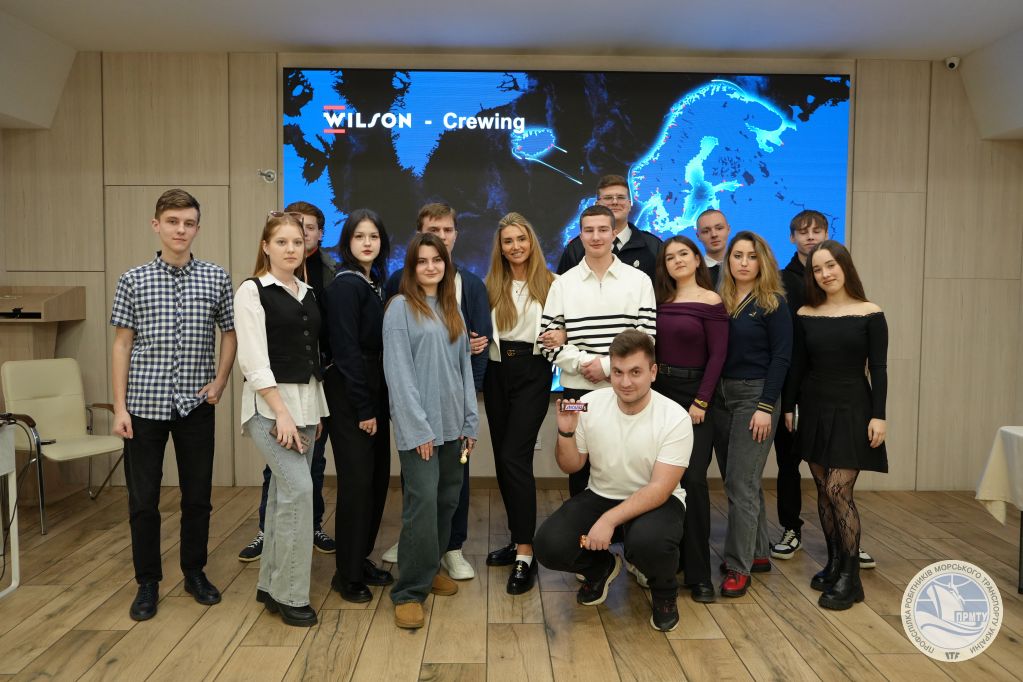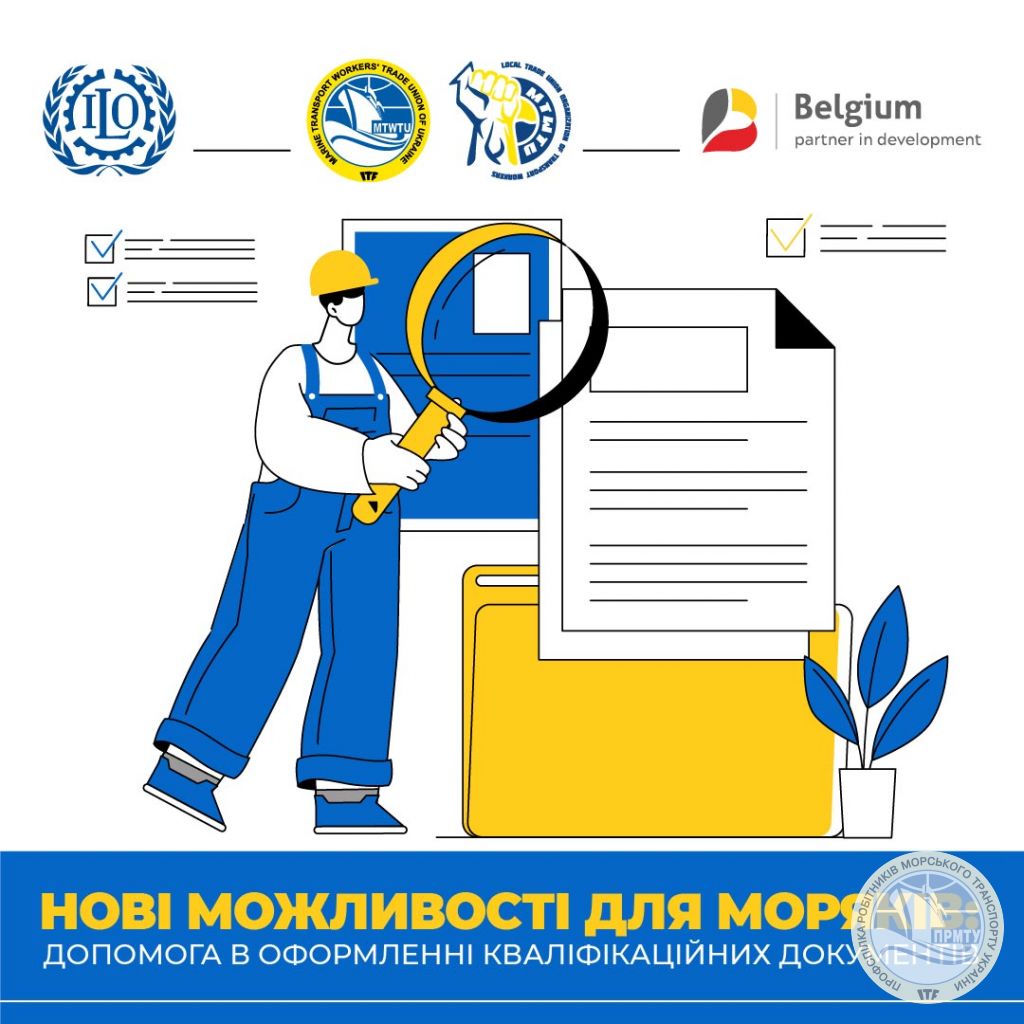Denmark is a developed country that combines traditional Scandinavian values with modern innovations. It is known for its high productivity, investment activity and the introduction of green technologies.
The combination of a high level of social security with a dynamic business environment is particularly impressive. The country is proud of its low unemployment rate and unique approach to labour market regulation, which is known as the Danish flexicurity model, a combination of the English words flexibility and security. The Danish model is a designation used to describe the unique way the Danish labour market is structured.
Danish trade unions actively supported the development of the trade union movement in Ukraine even before the full-scale invasion, but after the pro-European course of our country became apparent, the support intensified. Thus, together with the International Labour Organization in Ukraine, the United Federation of Trade Unions of Denmark 3F is implementing the project "Inclusive Labour Market for Job Creation in Ukraine" in our country with the financial support of the Danish Government. As part of this project, a study visit "Labour Market Dialogue - Danish Experience in Collective Bargaining" was organised to Copenhagen, Denmark, from 18 to 21 March.
The tripartite delegation included representatives of the Ukrainian Government, employers and trade unions, including representatives of sectoral trade unions, namely construction, metallurgy and maritime transport represented by the Maritime Transport Workers' Trade Union of Ukraine.
The purpose of the visit was to learn about the peculiarities of social dialogue in Denmark, in particular, collective bargaining, and the system of labour dispute resolution, as well as practical approaches to implementing dialogue in the labour market in accordance with international labour standards and EU legislation.
The Danish model is unique, as the conditions applicable to employees are agreed upon by the parties to the labour market, i.e. trade unions on the one hand and employers' associations on the other. The parties enter into collective bargaining agreements that determine the minimum wage for specific sectors and the pension contributions paid to employees. The majority of employees in Denmark enter into a collective agreement with their employer.
This differs from the practice in most other countries, where working conditions such as working hours, overtime, notice periods and wages are determined through legislation covering all or part of the labour market.
The participants visited the office of Danish Industry (DI), the largest employers' federation in Denmark, where they got acquainted with the structure of the organisation and the basic principles of collective bargaining, and the headquarters of the United Federation of Danish Trade Unions 3F, where they learned more about the practice of collective bargaining at different levels and the historical background of the Danish labour market model.
Interesting facts:
- The Danish labour market model was created in 1899 and was the so-called "September Compromise", which was reached by trade unions and employers as a result of the Danish General Conflict, which lasted from 1870 to 1899.
- "The September Compromise, often referred to as the constitution of the labour market, was the first collective agreement to regulate the relationship between employers and employees.
- Denmark has one of the highest levels of unionisation in the world.
- Many terms in collective agreements can be waived by agreement between management and employees.
- The level of labour disputes in Denmark is one of the lowest in the EU.
- If there is a valid collective agreement in place, employees do not have the right to go on strike and stop work. Otherwise, such a strike would be deemed illegal and the employer would be subject to legal action by the Labour Court.
As part of the study visit, the delegation visited the Danish Institute for Reconciliation (Labour Conflict Resolution), established in 1910. Despite the fact that the Danes believe that the vast majority of conflicts can be resolved through negotiations based on mutual respect and recognition, sometimes it comes to court. It is noted that the decision made in the Labour Court is final and not subject to appeal.
Although the key principle of the Danish model is to regulate employment conditions through collective agreements between employees and employers, this does not exclude the state's participation in consultations and social dialogue on labour market development, social insurance and welfare.
These aspects are regulated by the Danish Ministry of Employment, which was also visited by the study visit participants. Thus, with a population of 5.9 million people, the country's labour market comprises 3 million able-bodied people. At the same time, the unemployment rate is only 4.1%. It should be emphasised that the level of employee involvement in trade unions in Denmark is 65-70%.
In order to get acquainted with the practical successful experience of the Danish model of collective bargaining, the delegation visited DHL HUB Copenhagen, the second largest sorting hub in Europe and a leader in the logistics industry, and also visited the 3F Primary Trade Union Organisation in Kastrup, which includes the 3F Trade Union Organisation in DHL HUB Copenhagen.
To summarise the visit, the delegation members visited the Ministry of Foreign Affairs of Denmark, where they discussed prospects and opportunities for further cooperation in the context of strengthening the position of trade unions and democratising social dialogue in Ukraine.
It is worth emphasising that the Danish model is not perfect, and even such a developed and unique country has its own problems that are common to Ukraine. These include a decline in the level of employee involvement in trade unions, the presence of alternative or "yellow" trade unions, the shadow employment sector, especially among foreigners, and, of course, the presence of unscrupulous employers, among others. But despite this, the main principles that guide the parties to social dialogue are mutual respect and the ability to negotiate. The experience of the Danish colleagues gained during the study visit will undoubtedly be useful in building an effective social dialogue in Ukraine.






